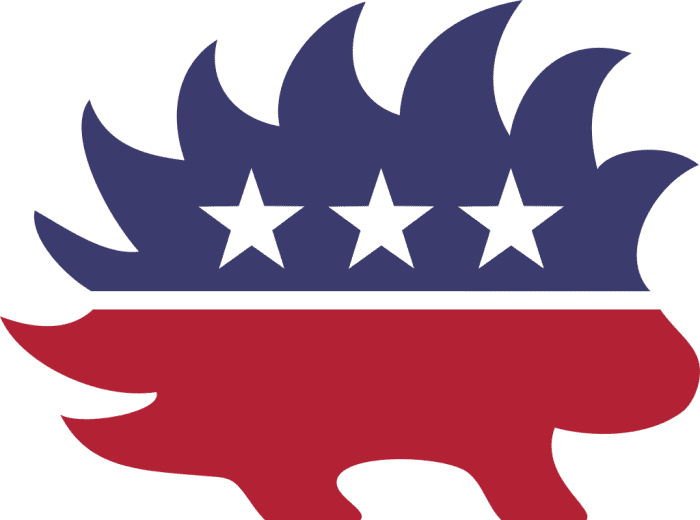

-
By using it to sell, by setting up the conditions to sell the hammer.
-
Um, depends on how they are going to use it. If they are using it to make money then it’s commercial use I guess. If for own pleasure or reasons then personal.
-
Yes, like with everything in the wild. It just depends on how confident a person is that they have a moral right to own something. Same thing to the government, they establish a court to determine confidence is a claim about ownership.
-
Technically no, but essentially yes. If I use a patch of land to put up a sign, then I am using thus own that patch. However, it doesn’t mean I own all land that the patch is a part of - same thing with the water. I can use some water (unless I use it all like in the concrete example) but the rest people can use.
-
I know, I was solely explaining further to clarify what establishes ownership.
-
Simply put, we have a moral right to own our body. I want to know the reason. So, if we put a isolated scenario where someone punches another they are morally culpable. Usually meaning they should be restricted of their ownership of the body, like prison. We also say the same thing when someone uses a rock to hurt another person. So moral culpability seems to establish ownership in some way, & then I try to find a commonality. A commonality I find acceptable is the use of something; the use of the body & the use of the rock.
-
So you’re saying that ownership of one’s body is inherent? I disagree, however I think that believing as if it is the most moral way to act. My question is why it is inherent. If I am mistaken please clarify.
-
I don’t understand what you’re trying to say.
Hurting someone is bad, yes - that is one of the reasons I believe what I believe.
So responsibility = right to possesion?
If I don’t feel harm of someone does that mean whatever I am doing is wrong? If the slaver got hurt too does that mean slavery is amoral?


This guy seems aight